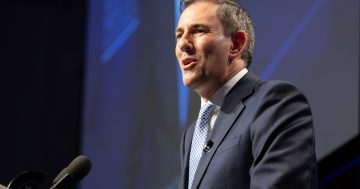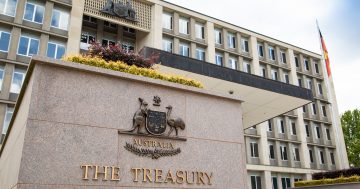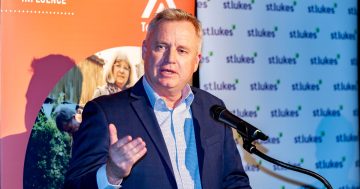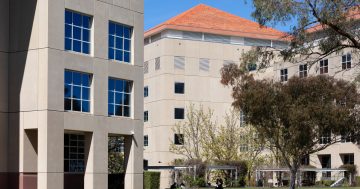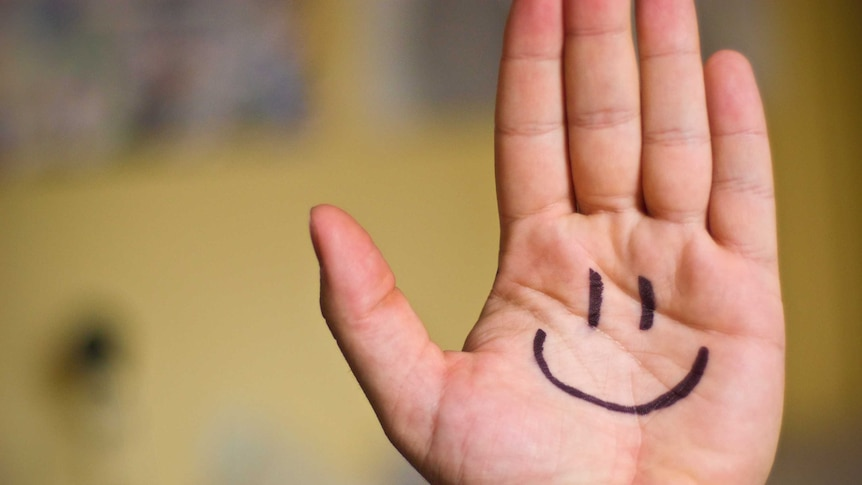
* Paige Cockburn looks into Australia’s first federal “wellbeing budget” and finds that while people live longer under it, the budget’s statistics are past their lifetime.
The Treasurer, Jim Chalmers recently released the Measuring What Matters report, which found the country was making mixed progress on a broad range of social measures.
The framework used 50 different indicators such as: how safe Australians feel, how much time people have for recreation, job satisfaction, air quality and trust in institutions.
Twenty indicators saw improvement, seven were stable, 12 deteriorated and others had mixed trends.
Many parts of the report relied on data up to five years old but Dr Chalmers denied suggestions the findings were “misleading”.
Overall life satisfaction in Australia was at 7.5 (on a scale of 0 to 10) between 2014 and 2019 but declined to 7.2 in 2020, likely because of the COVID-19 pandemic.
The report found life expectancy had improved when comparing data from 2001-2003 to 2019-2021 and a boy born between 2019–21 could expect to live to 81.3 years, while a girl could expect to live to 85.4 years.
But First Nations expectancy was lower by 8.6 years for men and 7.8 years for women.
Australians say they are experiencing less discrimination than they did in 2014 but feelings of national safety deteriorated from 2005 to 2023.
Air quality has remained stable but threatened species are declining at a higher rate than in 2002.
Mental health was classified as “stable” but the data only went up to 2018, meaning the COVID-19 lockdowns which put a huge strain on people’s wellbeing were not included.
The report also concluded people had more leftover income after making mortgage repayments when comparing 2002-03 to 2019-20.
It acknowledged this data was “some years old” though and there had been a marked increase in housing costs since the pandemic.
When questioned about the reliability of such data Dr Chalmers said this was Australia’s “first crack” at a report like this, which countries such as Canada, New Zealand and Scotland already publish.
“We’ll refine it, improve it, it’s about broader trends and changes. One of the tasks is to identify the gaps, we’ve been upfront about that,” he told ABC RN.
“One of the things it makes clear is we need to do collectively a better job of measuring our progress over time.”
He said he “welcomed” people’s feedback.
Acting Opposition Leader Sussan Ley said she was not against measuring wellbeing but this report was based on “flawed data”.
“They have to be accurate … to inform a policy that works in the real world and that’s not what we’re seeing.”
Nationals MP Barnaby Joyce called the report “completely useless”.
“This net satisfaction rating, what is this about? It sounds like something you get from a Kumbaya session,” he told the Today Show.
“I’ll tell you who’s not feeling satisfied – the pensioner who can’t pay their power bill, the person who’s changing what they put in their shopping trolley …”
Dr Chalmers said the cost of living was the obvious priority of the Government at this time and he expected the “usual ranting from the usual places”.
“I’m relaxed about that,” he told ABC’s RN.
“My predecessor [Josh Frydenberg] bagged out the concept of wellbeing and he doesn’t work there anymore.”
Dr Chalmers said addressing inflation was the primary focus of the Albanese government but that did not mean health and wellbeing should be ignored.
“I think one of the frustrations we have had for some time is people have thought our social objectives and our economic objectives must be in conflict,” he told a press conference one morning.
“I think that they can be in concert.”
Dr Chalmers first proposed the idea of a “wellbeing budget” as shadow treasurer in 2020, which then treasurer Mr Frydenberg called “laughable”.
* Paige Cockburn is a digital producer and reporter for the ABC in Sydney. She has covered the court and health rounds and before joining the NSW team worked on the national digital desk for the ABC in Brisbane.
This article first appeared on the ABC.


